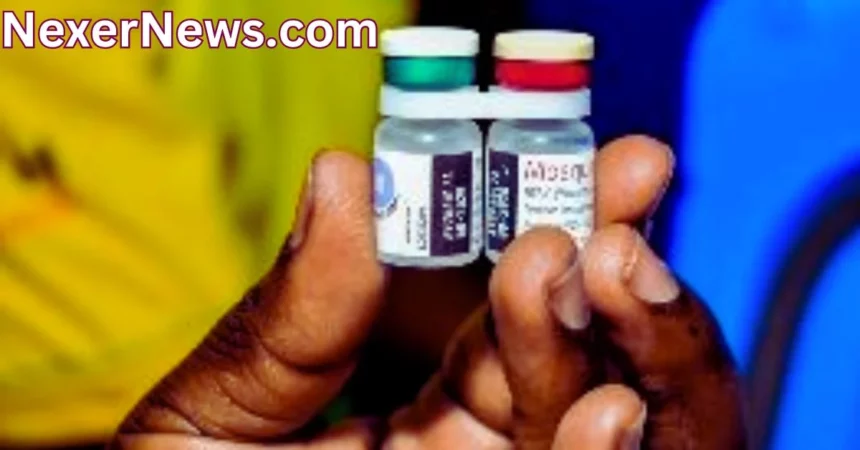In a landmark achievement, a Kenyan pharmaceutical company, Universal Corporation Limited (UCL), has become the first manufacturer in Africa to receive World Health Organization (WHO) pre-qualification for the production of sulfadoxine-pyrimethamine plus amodiaquine (Spaq), an antimalarial drug that plays a crucial role in preventing malaria in children during peak transmission periods.
This significant milestone marks a step forward in reducing Africa’s reliance on imported drugs and strengthening the continent’s self-sufficiency in providing essential healthcare solutions. Currently, over 70% of drugs used in Africa are imported, highlighting the need for increased local production capabilities.
The approval from WHO, which signifies that UCL’s manufacturing processes and quality control meet international standards, opens up new opportunities for the company to expand its reach and supply its lifesaving medication to a wider range of markets. This, in turn, can accelerate efforts to eliminate malaria, a disease that continues to pose a major public health challenge in Africa.
Experts have emphasized the importance of combining locally produced antimalarials with the rollout of malaria vaccines like RTS, and S/AS01 to provide comprehensive protection against the disease. Studies have indicated that using Spaq in conjunction with vaccines offers enhanced protection, particularly for children under five, who are disproportionately affected by malaria.
The African continent has experienced renewed urgency to bolster its local production capacity in recent years, underscored by supply disruptions and vaccine protectionism during the COVID-19 pandemic. With over 95% of global malaria cases and deaths occurring in Africa, ensuring a steady supply of locally manufactured antimalarials is essential.
The achievement by UCL serves as a beacon of hope for Africa’s fight against malaria. With continued support from governments, procurement agencies, and other stakeholders, locally produced antimalarials like Spaq can play a pivotal role in protecting millions of children and pregnant women from this devastating disease.







